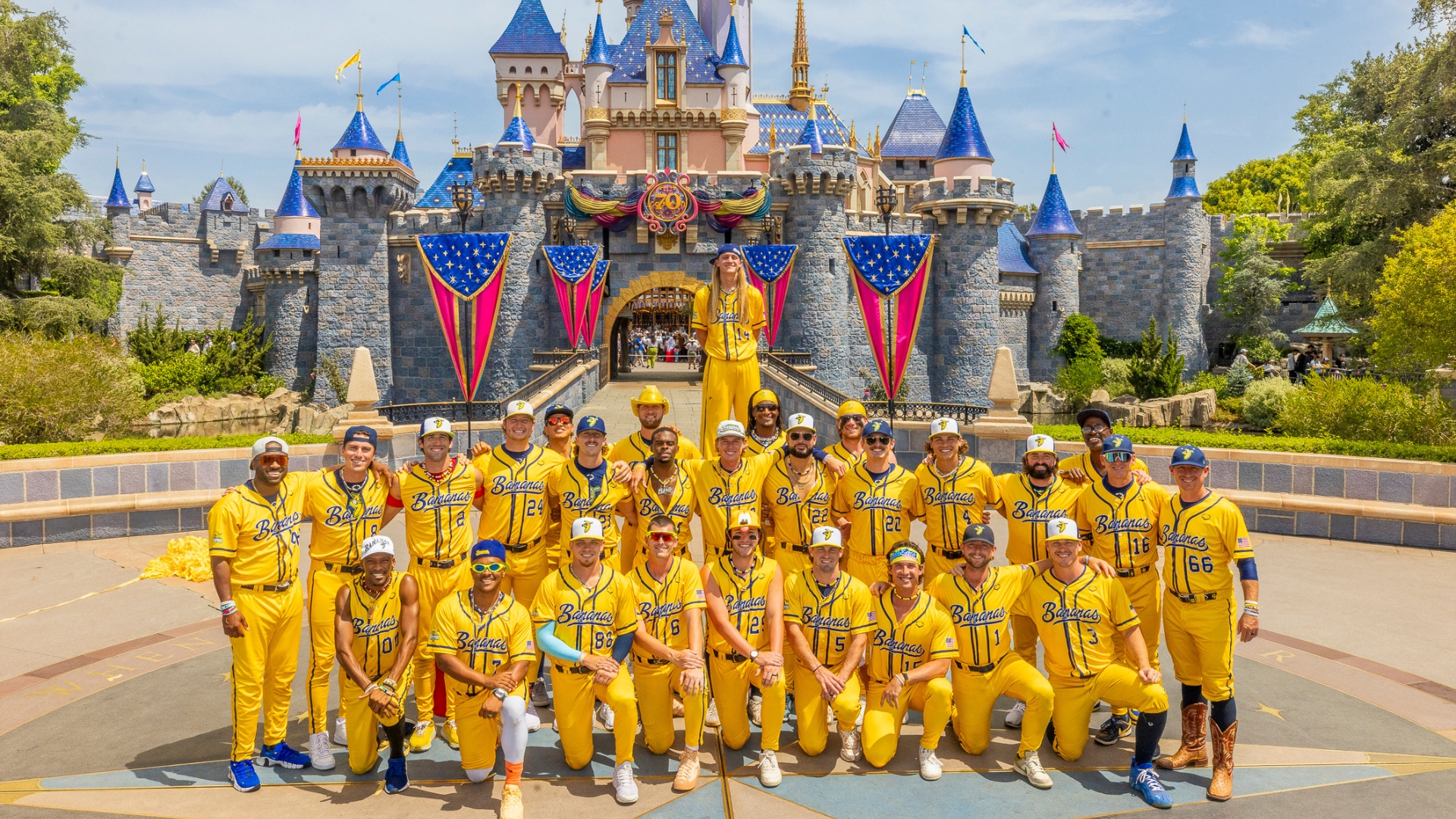Walt Disney is paying almost as much money for only half the pro football this season. And it should be damn glad to be doing so.
The company's ESPN network will pay the National Football League $1.1 billion a year for the rights to the "Monday Night Football" franchise that its corporate cousin ABC founded in 1970. That's compared to the $550 million a year that ABC was paying last season and the $600 million ESPN paid for the Sunday Night Football games.
This year the Sunday night game will move to a broadcast network, with General Electric's NBC getting the games for a mere $600 million a year, a bargain considering how other NFL rights fees have increased. CBS saw its average rights fee rise nearly 25 percent under new NFL package, while News Corp.'s Fox is pay nearly 30 percent more.
But while Disney seems to have gotten the hit with the worst sticker shock, it bought a lot more with that money than a chance to let Tony Kornheiser annoy fans who haven't had anyone to hate since Dennis Miller was shown the door.
Simply put, it let ESPN keep a stranglehold on the cable sports industry, and cable subscriber fees.
If Disney had turned down the NFL deal, it could have opened the door for Fox to launch a true national sports cable network. Instead, Fox's cable sports business remains a collection of regional networks.
Or it could have given Comcast, which once wanted to buy Disney to get its hands on ESPN, the chance to turn OLN, soon to be renamed Versus, into more than just a curiosity in the world of cable sports networks.
There was even talk that Turner Broadcasting (a unit of Time Warner that also owns CNNMoney.com), might have wanted to add the NFL to its basketball and auto racing offerings to create a stronger sports competitor.
"It's all strategic," said Neal Pilson, a sports broadcasting consultant who was formerly president of CBS Sports. "Not only would [ESPN] have had a stronger competitor overnight, but they would have a hard time justifying their subscriber fees. They needed the NFL to maintain and grow their cable subscriber fees."
ESPN got an estimated $2.60 every month from cable operators in 2005 for each of its 90.1 million subscribers, according to Kagan Research. This year Kagan estimates fees will rise to $2.91 every month from 93.2 million subscribers. That works out to an extra $443 million in fees in 2006, a 15 percent jump from last year.
Still, Disney is almost certain to lose money on the new NFL contract, but then again, it's likely the other four partners will lose money as well. But because ESPN can draw on both subscriber fees as well as advertising dollars, it might very well lose less than the NFL's other broadcast partners.
"It doesn't appear any network is making money on the NFL and hasn't for a while," said sports broadcasting consultant Mike Trager. "But it's a must carry if you want to be in sports."
It's also possible that ESPN's ratings for "Monday Night Football" may not be significantly lower than ABC's last season.
Top ESPN executives are even saying they think the MNF ratings can beat NBC's viewership on Sunday nights, even though ESPN is only in 83 percent of U.S. homes.
"Sunday is still Sunday and Monday is still Monday," said John Skipper, executive vice president of content, at ESPN, during a conference call earlier this year. "Sunday Night Football is still the third game, in some cases the fourth, fifth sixth game of the day for fans. Monday Night is the only night with an exclusive window."
Outside experts say they're not sure if ESPN will beat NBC, but they're not discounting the possibility.
"I think so far it's been assumed that the broadcast network will do better than a cable network carrying the same event, but it's been tough to test that out," said Trager. "Monday Night Football could be the best test we're going to have of that assumption."
Skipper points out that national advertisers will be able to reach 90 percent of U.S. households on "Monday Night Football," as the ESPN feed is carried on broadcast networks in the teams' home markets.
And the fact is that even if the number of people watching "Monday Night Football" goes down because it's now on cable, advertisers probably won't care that much. That's because people who may have watched the game on ABC but don't have ESPN — such as older viewers or those who can't afford cable — are less important to advertisers.
___________________________________________
Media Biz: NFL makes NBC "Must See TV" again
SportsBiz: NFL sacks cable companies
More business of sports coverage





